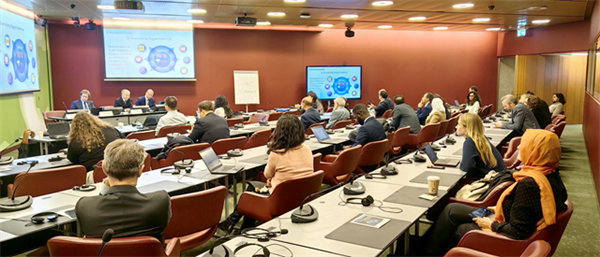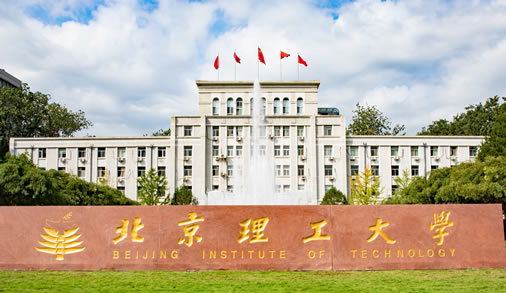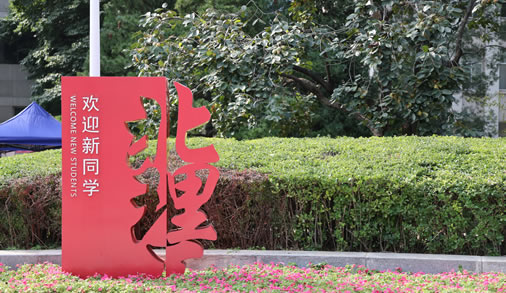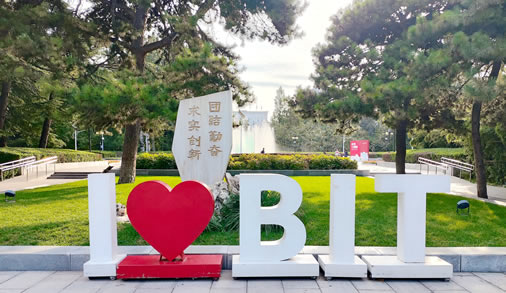

Updated: 2023-12-07

A thematic session on digital economy development and governance in China is held at the International Conference Center of Geneva, Switzerland, on Dec 4.
On Dec 4, a thematic session on digital economy development and governance in China was held at the International Conference Center of Geneva, Switzerland.
As a part of the UNCTAD eWeek 2023 which is held from Dec 4 to 8 in Geneva under the theme "Shaping the future of the digital economy", this session was organized by Beijing Institute of Technology (BIT).
Liang Hong, the public counselor of the Permanent Mission of the People's Republic of China to the United Nations Office at Geneva and other International Organizations in Switzerland, delivered the opening speech. The session was chaired by Liu Hao, executive chairman of the School of Global Governance of BIT.
Wei Yiming, BIT vice president spoke about the current situation of China's digital economy and its achievements in economic scale, digital transformation, platforms, infrastructure, and international cooperation. He also spoke on China's experiences in government, market, industry, facilities, and the rule of law.

Wei (middle) delivers a speech.
He pointed out that the five visions for the development and governance of China's digital economy are to comprehensively serve people's needs, promote economic growth, advance social progress, support sustainable development; to build competitive and diversified digital industry clusters and innovative industrial chains; to enhance digital key capabilities to ensure digital security; to establish a fair and well-regulated digital governance system; and to foster an open and win-win international cooperation pattern for the digital economy. He called for a fair, inclusive, and sharing digital economy.
Jiang Guangzhi, director general of the Beijing Municipal Bureau of Economy and Information, delivered a keynote speech using the form of a digital avatar. He used AIGC technology to share the experiences and achievements of Beijing in building a global benchmark city for the digital economy.
He stated that with strong policy support, the added value of Beijing's digital economy has continued to grow, becoming one of the main engines driving growth. Beijing will further improve the regulatory system, continuously break through core technologies, accelerate the construction of a comprehensive reform pilot zone for national data infrastructure, cultivate and strengthen data factor markets, and leverage the opportunities presented by the pilot zone to tap new opportunities.
Sun Jungong, former vice president of Alibaba Group and researcher at the Guanghua School of Law of Zhejiang University, shared his views from the perspectives of both enterprises and academia. He proposed the establishment of a social fairness guarantee system, with fair rights, fair opportunities, and fair rules as its main components, in order to create a fair digital governance environment and ensure the rights of the people to equal participation and development.
Alex Kunzelmann, a legal officer at the United Nations Commission on International Trade Law, analyzed the interaction between international organizations and China's digital development and governance from the perspective of the international organization. He emphasized the importance of China and the international community working together to address the challenges of digital economic governance.
This event is another international forum on digital economy governance organized by BIT, following the Global Governance of the Digital Economy Forums during the Global Digital Economy Conferences held in 2022 and 2023. It shared China's achievements and experiences in digital economy development and governance, put forward initiatives, contributed Chinese solutions and spread China's voice to promote innovative development in global digital economy governance.














